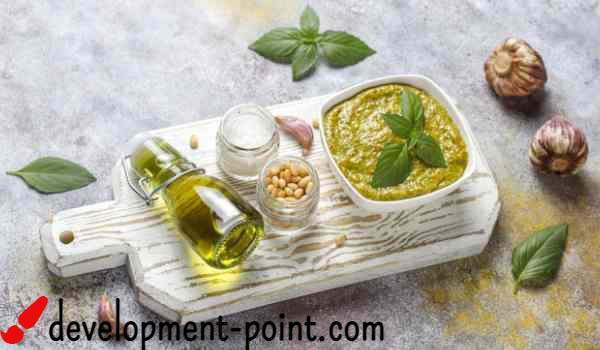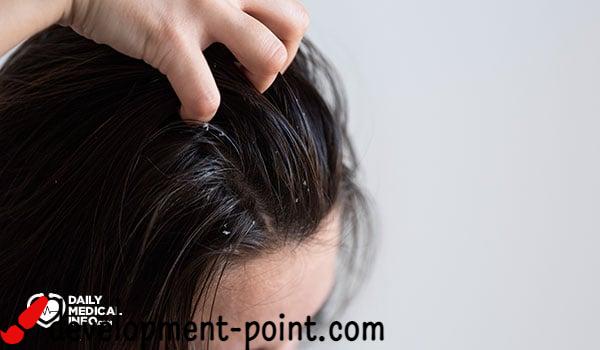Pumpkin seeds: 10 important and indispensable health benefits
What are pumpkin seeds?
considered as Pumpkin seeds Pumpkin seeds are oval, green, edible seeds after roasting. It is considered a main ingredient in Mexican cuisine, given that it is a rich source of natural oils, potassium, magnesium, and calcium, which promotes body health, including heart and bone health.
Pumpkin seeds nutritional value
One ounce (28 g) of pumpkin seeds, without the shell, contains:
- Dietary fiber: 1.7 g
- Carbohydrates: 5 g
- Protein: 7 g
- Fat: 13 g (6 of which are omega-6).
- Vitamin K: contains 18% of the required daily value
- Manganese: 42% of the daily value required
- Magnesium: 37% of the daily value required
- Phosphorus: 33% of the required daily value
- Iron: 23% of the daily value required
- Copper: 19% of the daily value
- Zinc: 14% of the daily value required
- Pumpkin seeds calories: approximately 151 calories
Pumpkin seeds also contain omega-3, antioxidants, polyunsaturated fatty acids, potassium, vitamin B2 (riboflavin) and folate.
Benefits of pumpkin seeds
1. Promote heart health
Pumpkin seeds are rich in omega-3 and omega-6 fatty acids, antioxidants, and dietary fiber. These properties are of great importance for the health of both the heart and the liver.
- Fiber helps reduce the total amount of cholesterol in the blood.
- Omega-3 also helps lower levels of harmful cholesterol and triglycerides, thus reducing the risk of atherosclerosis, blood clots, and irregular heartbeats.
- Improved endothelial function.
- It lowers blood pressure.
2. Pumpkin seeds for weight loss
The dietary fiber in pumpkin seeds helps you feel full for a longer period, which promotes a healthy digestive system and helps maintain a healthy weight.
3. Insomnia treatment
Pumpkin seeds contain carbohydrates and tryptophan, which the body needs to eliminate chronic insomnia, as it converts it into serotonin, which plays an important role as an antidepressant and a sense of relaxation.
4. Promote bone health
Pumpkin seeds contain amounts of calcium and magnesium, which helps to form bones and increase their density. It also works to reduce the possibility of osteoporosis in postmenopausal women.
5. Skin and eye health
Pumpkin seeds are a good source of squalene, an antioxidant compound that plays a vital role in protecting the skin during exposure to ultraviolet light, and in maintaining the health of the retina.
It is also considered one of the benefits of pumpkin seed oil, as it has antimicrobial and anti-inflammatory properties, which, using it as a topical treatment, helps reduce inflammation caused by acne.
Its content of linoleic acid, tocopherols, and sterols also helps in wound healing. While its content of vitamin C, zinc, and selenium helps in the production of collagen, which in turn helps maintain skin health and elasticity.
6. Sexual health
A laboratory study conducted on rats found that eating pumpkin seeds and zinc helps to improve sexual health in men.
- Increased zinc is associated with increased sperm count, thus reducing the risk of infertility in men.
- Another study concluded that it may be an effective treatment for benign prostatic hyperplasia (BPH).
- This is in addition to treating urinary disorders in both men and women.
7. Benefits of pumpkin seeds for women
Pumpkin seeds are a source of zinc for the body, which helps boost immune system functions and prevent uterine infections. As estimated by the World Health Organization (WHO), more than 80% of women in the world suffer from zinc deficiency, which may lead to changes in circulating levels of multiple hormones associated with the onset of labour. Therefore, experts recommend that women take 8 mg of zinc per day.
8. Pumpkin seeds and diabetes
A study conducted on experimental mice showed that a diet containing a mixture of pumpkin seeds and flax may reduce the chances of developing type 2 diabetes. This is because pumpkin seeds contain many nutrients, including magnesium.
9. Boosting the immune system
Pumpkin seeds are a rich source of vitamin E, zinc, and other antioxidants. This helps boost the functioning of the immune system and maintain the health of blood vessels.
10. Pumpkin seeds and hair growth
Pumpkin seeds consist of cucurbitin, and they also contain vitamin C, which plays a fundamental role in promoting hair growth.
How do you eat pumpkin seeds?
Pumpkin seeds can be eaten raw or roasted, and can be added to salads or baked goods.
How to prepare:
- They can be roasted on their own or with olive oil or melted butter and seasoned with salt, pepper, and any other seasoning you prefer.
- Place them on a baking tray, then put them in the oven at 150°C.
- Leave it for about 30 to 40 minutes until it becomes crispy.
Cautions when using
- Pumpkin seeds are kept in a cool, dark, and dry place, as they contain a high percentage of fat, so they are prone to rancidity.
- People who suffer from diseases of the digestive system such as Crohn’s disease or ulcerative colitis should avoid eating pumpkin seeds, because they are rich in dietary fiber, which may cause increased intestinal inflammation.
- It is best to drink water when eating the seeds, so that the fiber can move easily through the digestive system.
- Be careful when eating nuts, including pumpkin seeds, because they can cause choking if not chewed properly.

